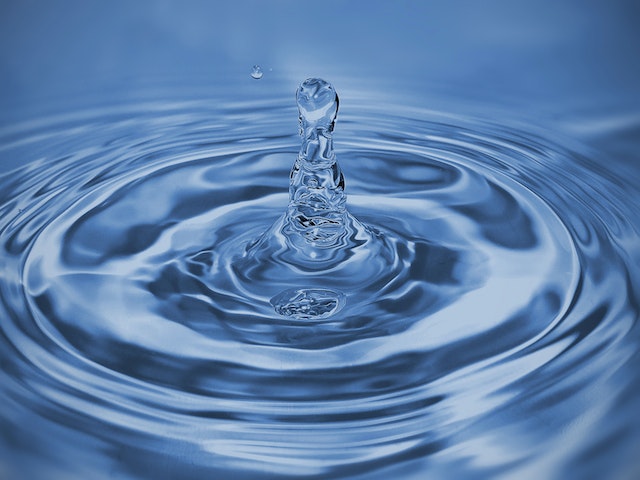Water is one of the most essential resources for life on our planet, yet its availability and quality are at risk in many parts of the world.
In fact, no region can really feel safe from this challenge.
Some data.
Before going deeper into the subject, we need some data to understand the magnitude of the situation. The first thing to know is that water scarcity is not a problem limited to a specific region, but a global problem in every sense of the word. According to the United Nations Development Program, more than one billion people do not have access to safe drinking water and 2.2 billion do not have access to basic sanitation. In addition, global demand for freshwater is expected to increase by 55% by 2050 due to population growth and climate change.
What is the cause of this problem?
One thing is clear, and that is that the situation is not due to a single cause, but is the result of a combination of factors. However, among the main ones we can point to pollution, climate change and the unsustainable use of this precious resource. Let's take a closer look at each of these factors:
- Water pollution is a serious problem in many parts of the world, and can be caused by a wide variety of sources: agriculture, industry and mining activity are just a few. This serious problem has major consequences for human health and nature, causing death and disease in people and habitats alike. In fact, in Costa Rica, a country renowned for its environmental culture, we have the unwelcome honor of having the most polluted river in Central America, the Tárcoles.
- Climate change is another major challenge to water availability in the world. Droughts, floods and other natural disasters are just a few examples of the consequences of this problem. In fact, the intensity and frequency of droughts are expected to soar in the coming years as a result of climate change. Rainfall patterns and water quality are other consequences. These aspects may have unprecedented effects on human and animal life, dependent on the delicate ecological balance.
- Finally, unsustainable water use remains the great challenge of our present. Agriculture, industry and human consumption are putting great pressure on water resources, and in many cases water is being withdrawn at a faster rate than it can be replenished. This is reflected in the loss of wetlands and lack of river flow. In addition, monocultures such as pineapple also put aquifers at risk, as they use pesticides with contaminating capacity.
What can we do about it?
To attack a multilevel and multicausal problem, responses of similar proportions are required. Some of the measures to be implemented are the following:
At a global level:
Promote international agreements that encourage the conservation and sustainable use of water.
Encourage investment in drinking water supply and sanitation infrastructure in the countries most affected by water scarcity.
Encourage research and development of technologies that enable water purification and reuse.
Discourage the financing of economic activities that jeopardize water availability and quality.
At the regional level:
Improve water resource management through the implementation of integrated water resource management policies and plans.
Promote the adoption of sustainable and water-efficient agricultural practices.
Strengthen cooperation between neighboring countries in the management and use of shared water resources.
Individual level:
Encourage the responsible use of water in the home, reducing water consumption in daily activities such as showering, washing clothes and cleaning the home.
Avoiding waste by repairing leaks and checking our pipes regularly.
Educating and raising awareness about the importance of water and its sustainable use.
Supporting those products and companies that care about responsible water use (exercising our power as responsible consumers).
As is evident, the water situation is pressing. But there are still many alternatives we can choose to reverse this problem.
It is increasingly important that more and more people are aware of this problem.



